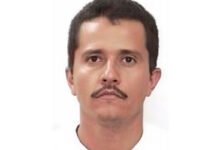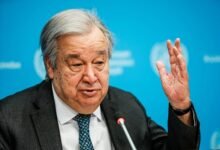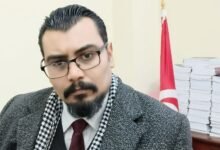India’s marathon election kicks off

Tens of millions of Indians have voted on the first day of a general election that is being seen as a referendum on Prime Minister Narendra Modi.
Indians in 20 states and union territories cast their ballots in 91 constituencies.
The seven-phase vote to elect a new lower house of parliament will continue until May 19. Counting day is May 23.
With 900 million eligible voters across the country, this is the largest election ever seen.
Some observers have billed the vote as the most important in decades and the tone of the campaign has been acrimonious.
Mr Modi’s Hindu nationalist Bharatiya Janata Party (BJP) won a historic landslide in the last elections in 2014. He stakes his claim to lead India on a tough image and remains the governing BJP’s main vote-getter.
But critics say his promises of economic growth and job creation haven’t met expectations, and India has become more religiously polarised under his leadership.
The BJP faces challenges from strong regional parties and a resurgent Congress party, led by Rahul Gandhi. Mr Gandhi’s father, grandmother and great-grandfather were all Indian prime ministers. His sister, Priyanka Gandhi, formally launched her political career in January.
The Lok Sabha, or lower house of parliament, has 543 elected seats and any party or coalition needs a minimum of 272 MPs to form a government.
Hundreds of voters began to queue up outside polling centres early Thursday morning for the first of seven days of voting over six weeks. Their concerns ranged from jobs and unemployment to India’s role in the world and national security.
Many, like Dashami Majumdar, a 23 year old with two children, were focused on local issues – namely “better roads”.
“Nobody tells me who to vote for, my vote is mine, my vote is my independence,” she told the BBC in Cooch Behar, in West Bengal.
Another voter, Shzina Bibi, a 28-year-old housewife with two children, said she was looking at what the political parties, not individual candidates, would do for Indian society.
“We need more communal peace in India. We need to live together with more tolerance,” she said.
But in some places, voters were furious to find they were not on the rolls. In the southern state of Telangana, Shobhana Kamineni was distraught to find that she was not able to cast a ballot. -BBC





